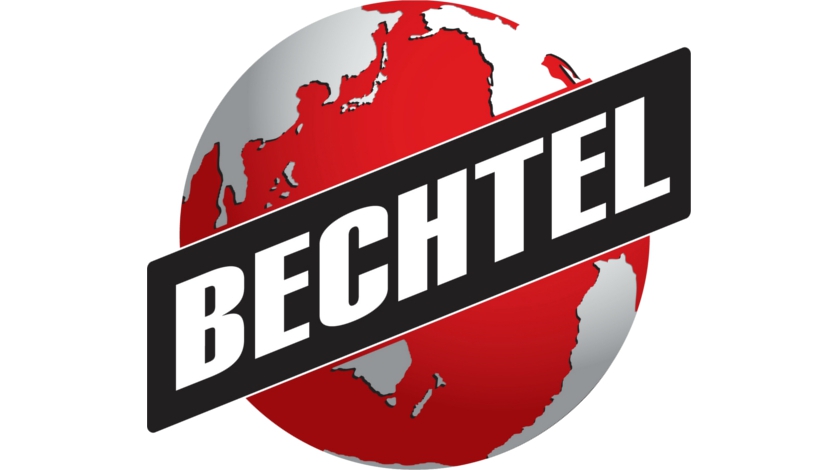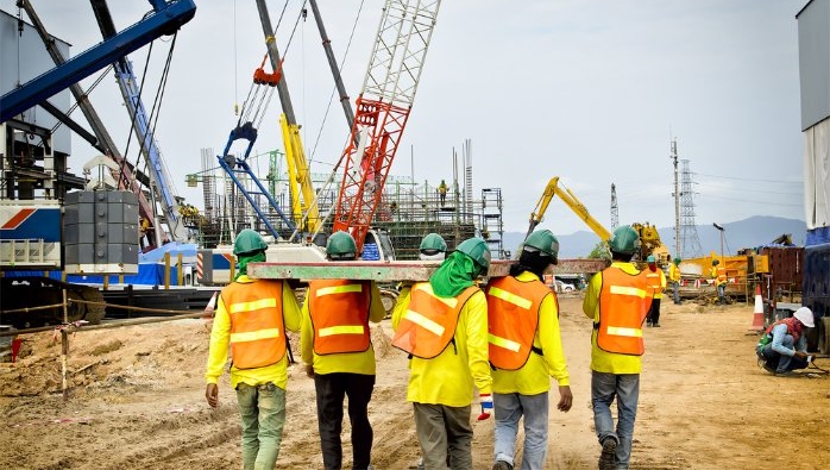

US company Bechtel International has been awarded the construction contract for Kenya’s first expressway, which has been dubbed one of the most important new pieces of infrastructure in the East African Community region.
The 473-km high-speed expressway, connecting Nairobi, the country’s capital, and the port city of Mombasa, will be built at a cost of $2.1-billion, with financing to be provided by US export credit agencies, the US Export-Import Bank, the UK Overseas Private Investment Corporation and UK Export Finance.
The expressway, with controlled access and designed for a consistent speed of 120 km/h, will reduce the journey time between the two cities from over ten hours currently to under four hours. It will be operated on a toll basis.
Construction is expected to start in January 2018. The project has been structured to achieve early completion under a fast-track delivery model, with concurrent design and construction. The first section is expected to be operational from 2019, with final completion to be achieved in about six years.
“This expressway will enable Kenya to competitively develop and expand internal and regional trade,” says Kenyan National Highways Authority director-general Peter Mundinia.
He adds that, as more than 90% of goods entering the East African region through the Port of Mombasa are transported by road, the expressway will lay the foundation for long-term commercial and industrial growth.
The expressway is intended to complement the new standard-gauge railway (SGR) line that was commissioned in June in transforming the Nairobi–Mombasa corridor into a vibrant economic zone.
“Bechtel has been working with the government of Kenya for over two years to develop this priority strategic infrastructureproject, which will unlock significant growth in Kenya and the region,” says Bechtel global infrastructurebusiness president Craig Albert.
The project will also include master planning for three special economic zones along the alignment and will be focused on developing business in coordination with the new SGR.
More news
- N2 rehabilitation project to be completed end of this year
- Siemens to build two gas-powered electricity plants in Libya
- International team unveil 76,000 m2 waterside development in Abu Dhabi
- Gift of the Givers to unveil aquifer project in drought-stricken Beaufort West
- Kenya: one million low cost houses to be constructed over the next five years





